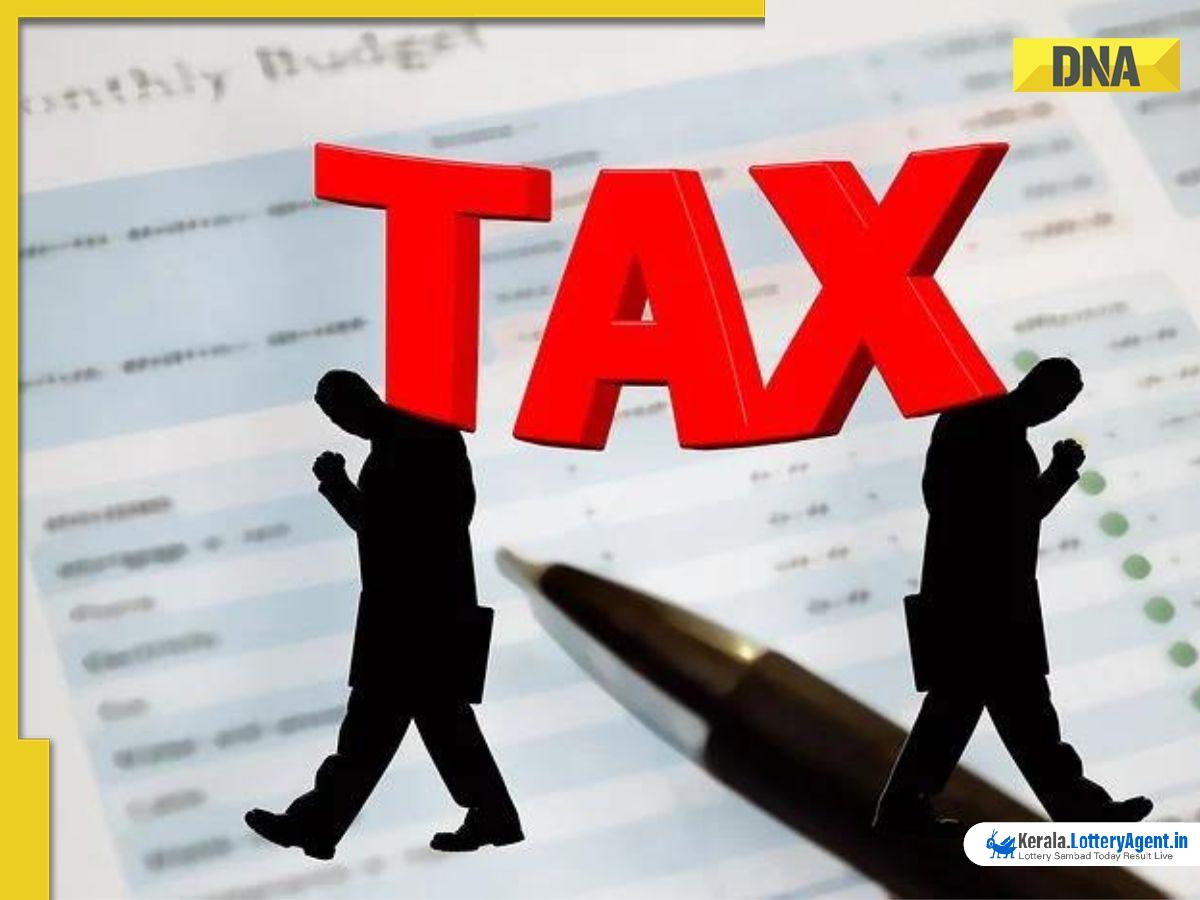
Winning a lottery or scoring big on prize money in a competition can be thrilling. However, in India, it is crucial to understand the associated tax obligations and legal considerations that come with such an unexpected windfall. The Indian Government considers these winnings as taxable income and has put in place specific regulations to ensure proper tax collection.
Income tax in India is governed by the Income-tax Act of 1961. This comprehensive act applies to the income of every individual or entity, whether they are natural or artificial persons. If you earn any income in India, you are generally required to pay income tax, unless specifically exempted by law.
When it comes to lottery or prize money, the tax rate is straightforward but not necessarily favorable to the winner. The government imposes a flat tax rate of 30% on such winnings, applicable to both resident and non-resident winners. This tax is deducted at the source, meaning the organization distributing the prize money automatically deducts the tax before disbursing the winning amount. Thus, the winner receives their prize money after the tax has been subtracted.
Specific provisions apply to the taxation of lottery winnings, as detailed in Section 194B of the Indian Income Tax Act, 1961. This section covers winnings from lotteries, card games, television programs, crossword puzzles, and other games. If your winnings exceed Rs. 10,000, the payer is obligated to deduct Tax Deducted at Source (TDS) at a rate of 30%. With the inclusion of surcharge and cess, the effective TDS rate slightly increases to 31.2%.
It is imperative for winners to understand the importance of paying the necessary taxes on their winnings to avoid any legal consequences. Taxes on such earnings fall under the “Income from Other Sources” category. Failure to comply with tax obligations can result in penalties and legal action.
. To avoid complications, it is advisable to consult with a qualified tax professional who can guide you through your specific situation.
The Indian government uses three primary methods to collect income tax: Tax Deducted at Source (TDS), Tax Collected at Source (TCS), and voluntary payments made by taxpayers through designated banks. These payments include Advance Tax and Self Assessment Tax. Both TDS and TCS ensure that tax is collected at the time income is generated, making it simpler for taxpayers and the government alike.
Every individual with earnings has a constitutional responsibility to accurately calculate their taxable income and pay the required amount of taxes. Keeping abreast of tax regulations and complying promptly can save one from unnecessary stress and legal complications.
Apart from the flat 30% tax, winners must pay attention to additional surcharges and cess that may apply. The surcharge is an added tax on top of the existing income tax for those falling into higher income brackets, and the cess is typically collected to fund specific government projects. While 30% is the base rate, the additional charges may vary depending on the total income and applicable regulations.
To efficiently navigate these tax obligations, it is helpful to fully understand the structure of your winnings, calculate beforehand, and seek professional assistance if needed. This ensures that you are not caught off-guard by the deductions and are well-prepared to manage your finances post-win.
Moreover, tax legislation can undergo changes, and staying updated is crucial for compliance. The Indian Income Tax Department frequently issues circulars and guidelines that clarify tax implications on winnings, making it essential for winners and potential participants to keep themselves informed.
In summary, while winning a lottery or prize in India comes with its set of thrills, it is accompanied by significant tax obligations. A flat rate of 30% is deducted at source, with the potential for a slightly higher effective rate due to surcharges and cess. To navigate these obligations without legal repercussions, timely and proper tax payments are essential. Every earner has a duty to report and pay taxes accurately, and consulting a tax professional can ensure compliance and peace of mind. By understanding the tax implications and legal responsibilities that accompany such windfalls, winners can enjoy their earnings with fewer worries.
Read more: Government increases circle rates in Gurugram, making property registry costlier for home buyers in 2023.












